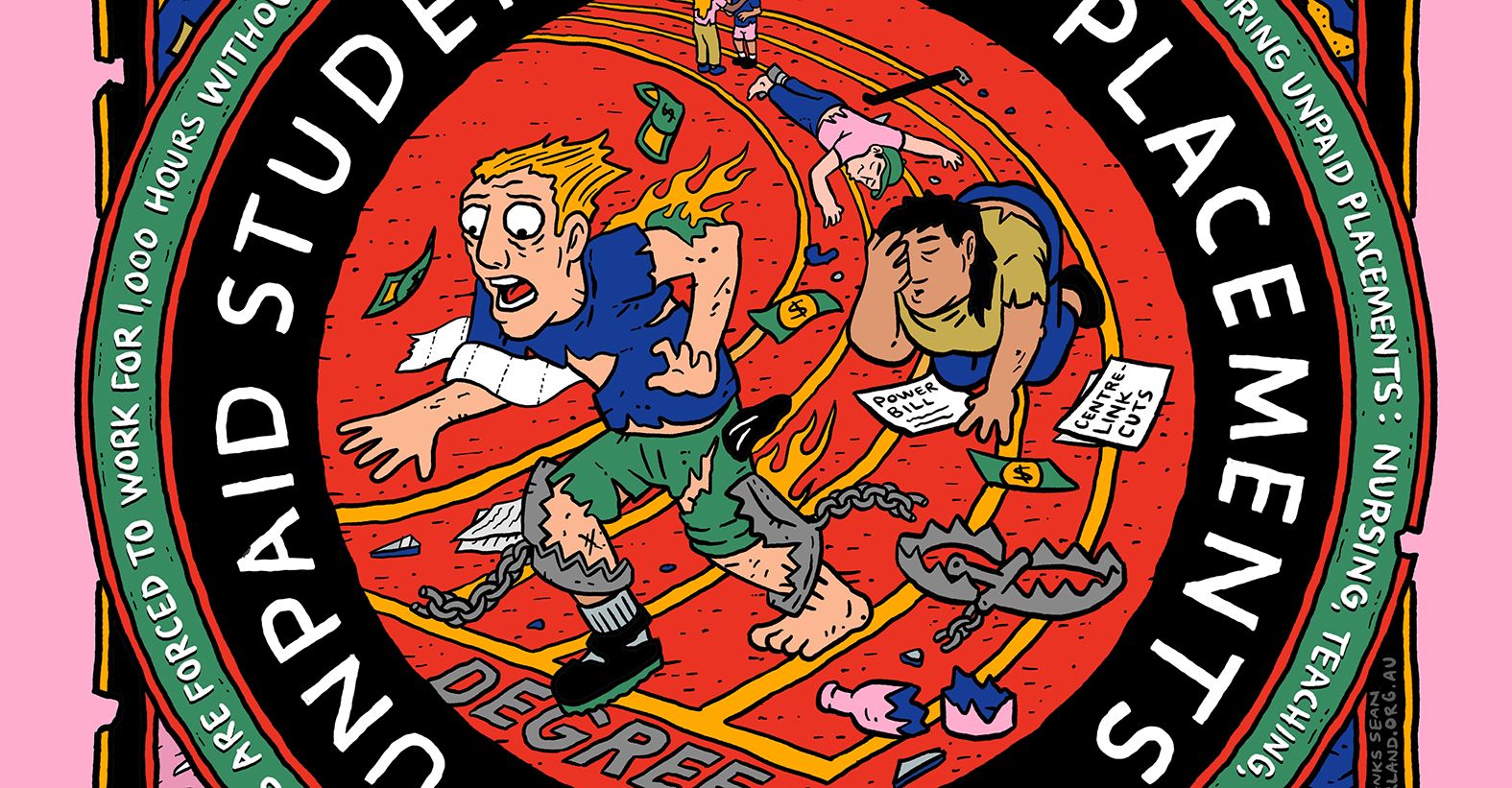Uber is banned in London, at least pending appeal. And the laughter from some quarters is like machine-gun fire.
The regulator, Transport for London, has issued a statement accusing it of a range of offences, from doing little about drivers who commit offences (such as dozens of rapes and sexual assaults against women) to obstructing regulators trying to uphold the law. In fact, the Metropolitan Police had accused Uber of failing to report assaults by its drivers.
In effect, it seems, Uber told the regulator to get stuffed, and just be grateful that some venture-capitalist studs were bringing some business to the grey city. And the regulator has responded that if they want to make money, they have to address these fairly minimal concerns. The mayor, Sadiq Khan, has backed TfL’s decision. So the ball is in Uber’s court.
Naturally, Uber is fighting back. Its CEO tweeted that the company has 40,000 drivers in London, and ‘3.5mm Londoners depending on us’. A petition, started by Uber itself, gained 200,000 signatures in its first few hours. As usual, there is a flank of hacks and politicos who will defend any manifestation of cut-throat capitalism. Just as any concern about McDonald’s exploiting its workers is ‘snobbery’, so the action against Uber reflects ‘distaste for ordinary people’.
Some of the workers are unhappy about the possible consequences for jobs. James Farrar, an Uber driver and a member of the Independent Workers’ Union of Great Britain who has taken the company to an employee tribunal, suggests that TfL’s drastic action is a result of years of hands-off procrastination: ‘To strip Uber of its licence after five years of laissez-faire regulation is a testament to a systemic failure at TfL.’
However, the GMB union, which represents many of the drivers, and has also taken the company to tribunal, welcomes the decision as further pressure on Uber to clean up its act. And while Farrar’s criticism is entirely plausible, it’s hard to see what else TfL could have done at this point, other than give up the job of regulating. The underlying issue is that Uber doesn’t want to acknowledge the regulations because of its profit model.
The soft-sell is that Uber-capitalism – or ‘platform capitalism’, as Nick Srnicek has dubbed it – emerged from the ‘sharing economy’. The platforms don’t claim to make anything or produce a service as such. They just empower people who want to make a bit of money from spare time or a spare room, allowing them to connect to punters who want a cheap service. Thus, Uber claimed, it wasn’t employing anyone, just connecting people.
The slightly harder, ‘free market’ sell is that competition would be better for consumers, making ‘transportation as reliable as running water’. City AM, London’s freesheet for spivs, scolds Uber’s critics as allies of ‘crony capitalism’. Forbes magazine, an apostle of capitalist theology, hails Uber for uniting ‘consumers against crony capitalism’.
The ‘free market’ line is a lie. Like many of the platform firms, Uber is a venture-capitalist funded monopoly-in-formation. As Srnicek writes, the point about platform capitalism is that it depends on ‘network effects’ to work: the more users it has, the more valuable it becomes, the more users it gets. The result, as with Facebook and Google, is monopoly. Uber’s price-cutting practices, hugely subsidised by venture-capital, are intended to expedite its own market dominance.
The model is facing serious problems. In the UK, Uber and others have been forced to recognise workers as employees, with full legal rights. Uber has worked hard to avoid this, even giving massive payouts to its US drivers to settle and employment lawsuit. Since many of its workers make less than the minimum wage, full rights would raise the costs of labour considerably. Nonetheless, the ‘gig economy’ is falling apart on a number of fronts, forcing business models to shift or close down.
What is the answer? The app-based platforms are convenient, and customers benefit from cheap rides. But why should venture-capitalists monopolise the platforms? The New Economics Foundation has called for the Mayor of London to pioneer a mutually owned, public alternative to Uber. This would be an excellent start, and introducing a taxi platform to London’s labyrinthine, expensive public transport system would hardly be a huge addition.
A major issue is cost. Up to sixty per cent of the fares on Uber are subsidised by investors. That won’t last. But defeating Uber-capitalism, with its resources, requires far more political imagination and ambition than simply setting up a cooperative. Another issue, for the left, is what a car-based transport system contributes to onrushing climate catastrophe. Uber isn’t investing in potentially greener electric cars, for example; indeed, it isn’t investing much at all.
One way of squaring the circle is that the platform capitalists are major wealth hoarders. Uber offshores 98 per cent of its wealth, contributing to the $32 trillion that has been estimated to be held in offshore funds. Because expanding their services doesn’t cost much, they are free to hoard it or invest it in liquid financial stocks. There is no good moral or political reason to leave that wealth where it is. It could be redeployed to support energy conversion, so that anything that runs on electricity is carbon-neutral. It could be spent on a green, publicly owned, fully subsidised transport system, from trains to green rides.
Why settle for Uber-capitalism? Let’s go Uber Red.
Image: Antoine Imbert



